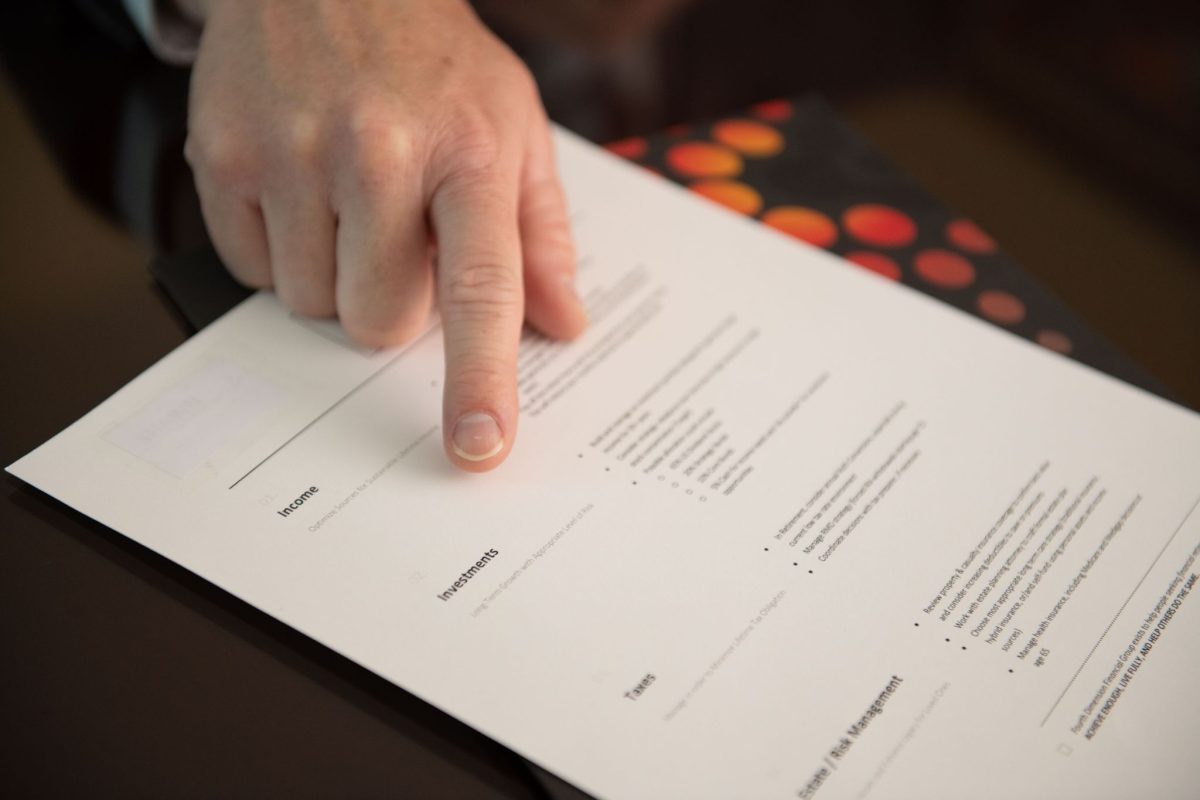Albert Einstein once quipped, “The hardest thing to understand in the world is the income tax.” Whether he meant the tax code or the purpose of the tax itself, I’m admittedly not sure. I wonder if Einstein was sure what he meant. Either way, taxes are a part of life that we all get to enjoy. In this installment of the Weekly, I’ll share some reminders and ideas for dutifully minding your taxes, while paying only your fair share.
Roth IRA Conversion
If you’re having a low-income year, consider converting an IRA (or a portion of it) to a Roth IRA. The process allows you to shift a balance from a Traditional IRA (or old 401(k) to a Roth IRA. The reason for doing so is to move the money into an account that experiences tax-free growth and tax-free use for you or a beneficiary when withdrawals occur. The downside? The amount you convert must be taxed when the conversion occurs (since the money has never been taxed). The entire amount of the conversion is added to your current year income and the tax must be paid with money not in the IRA that is being converted. So, if you think future years will be higher income or you think taxes will go up in the future, you may consider converting part or all of an IRA to a Roth in the lower income year.
Donate A Used Car
Considering a new car? Donate your old car to charity. Not only could the gift be life-changing to someone going through tough times, you could also benefit from a tax deduction. Here’s how it works: If you donate a used car worth more than $500 to charity, your deduction will be either the amount the organization receives when it sells it, or the vehicle’s fair-market value if the charity uses it to deliver meals, for example, or gives it to a needy individual. The charity will list the vehicle’s sale price, or whether an exception allowing a higher deduction applies, on Form 1098-C, which you must attach to your tax return. As with any charitable donation, be sure to keep good records.
Max out your 401(k), 403(b), or Traditional IRA
If you haven’t yet maxed out your contributions by year-end, you can direct some extra dollars to your retirement plan during the year’s remaining pay periods – or, if you receive a year-end bonus, use it to bolster your tax deductible retirement accounts.
Accelerate Charitable Gifts
If you plan to retire next year, or be in a lower tax bracket, accelerate any charitable donations you may have made next year by making them this year instead. Of course, this only works if you itemize, but the payoff can be meaningful for you at tax time, and for those who recieve the benefits of your generosity.
Remember Your RMDs
For those who are over age 70-1/2, Required Minimum Distributions (RMDs) must be handled before year-end. While this isn’t a way to reduce taxes – it’s the opposite, in fact – the penalty for not withdrawing the RMD from qualified accounts is steep: 50% of the amount required to be withdrawn. So, if you have IRAs, 401(k), 403(b), or other pre-tax accounts, a review may be wise to ensure you’ve taken the proper steps.
Taxes and dental work may hold similar appeal to you, like they do most people. A quick inventory of available tax savings opportunities may allow you to reduce your tax bill. As for your upcoming trip to the dentist…well, you’re on your own. It’ll be here and gone before you know it, just like tax time.
All the best,
Adam Cufr, RICP®
P.S. While I’m happy to share tax-saving ideas with you, be sure to seek the counsel of a tax professional before making major tax-related decisions.
Recent Articles

Show Your Work: Why Transparency Matters in Retirement Planning

Unlocking the Mystery of Income Taxes

Social Security Strategy: Do You Have One?

Pension Decision: Just One Critical Piece of Information Is Needed to Decide




